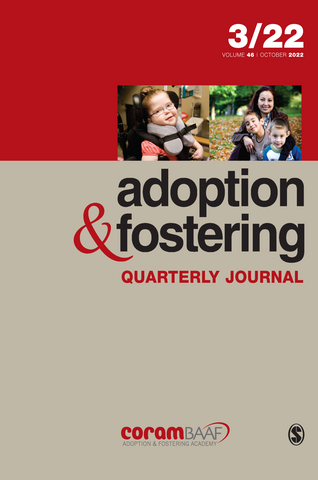Moving to independent adulthood constitutes a difficult developmental challenge for all young people. But it can be especially hard for those in foster care who often lack support from their birth families and struggle with concerns about their future. The aim of this study was to investigate the circumstances that contribute to the future anxiety affecting looked after children in Poland as they move to independence.
A quantitative methodology was used, the results of which show that the future anxiety of young people in foster care correlates with their age, source of income and continuation of education but not with gender, place of residence, type of care placement, current housing, intensity of relationships or current level of education. A similar study of a comparison group of young people who were not looked after and living with their birth families found no differences between the two groups in levels of general anxiety.
The findings indicate that future anxiety is common among all young people moving to independence but that for some young people in care, it is sufficiently severe as to impair their progress. The risk and protective factors associated with this are highlighted. The findings also suggest that mentoring is an especially effective way of helping them make a successful transition.

